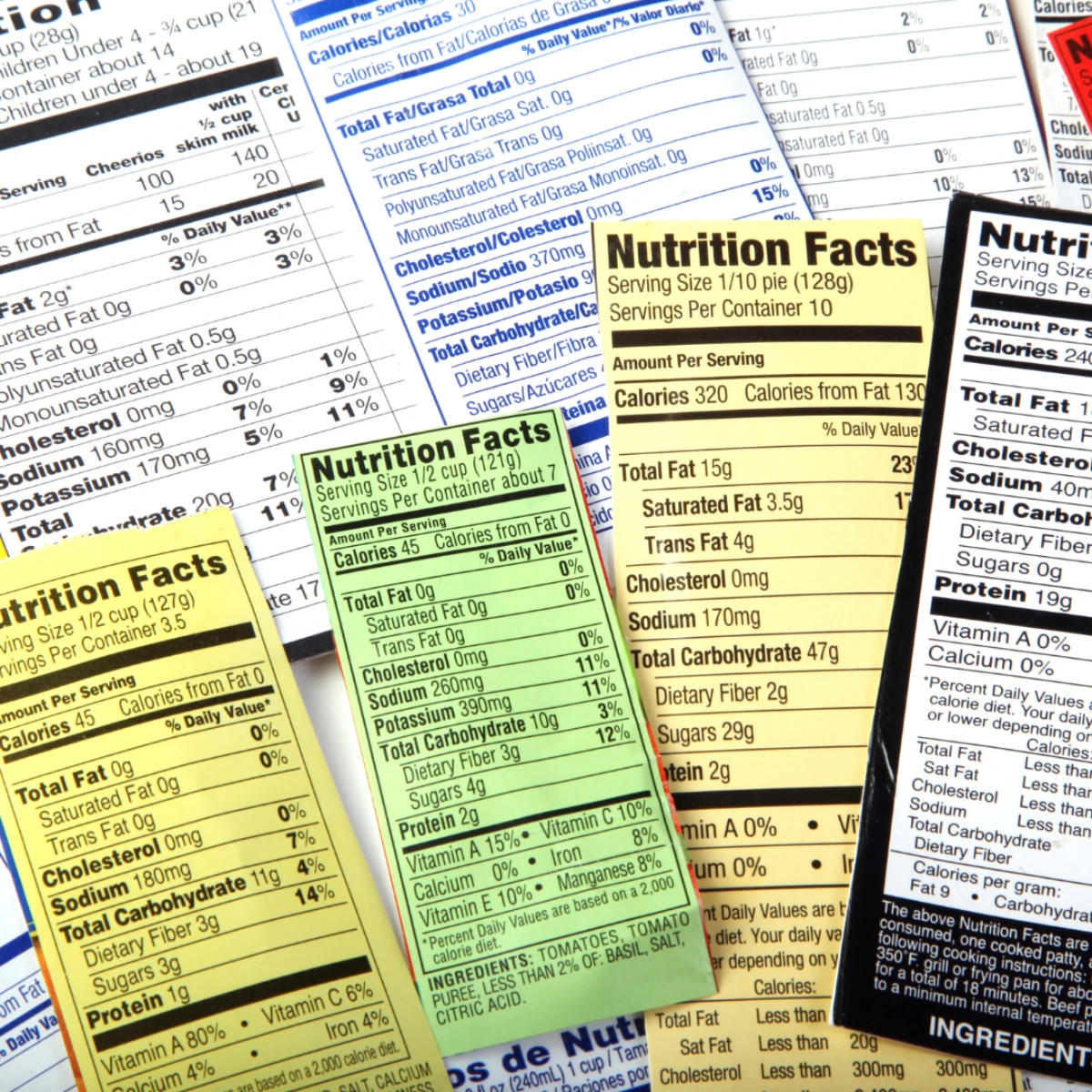Allergen Errors
Reducing Risk and Ensuring Compliance in the UK and the U.S.
Allergen errors remain a critical challenge in food safety management. They can cause serious health risks, costly recalls, and reputational damage to Food Business Operators (FBOs).
For food companies across the UK and the U.S., precise allergen management and labelling compliance are essential in mitigating the risk of allergic reactions and meeting legal requirements. Here, we cover critical parts of allergen risk assessment and food allergen labelling, including precautionary labelling and relevant laws. This information helps food safety professionals follow the rules and protect consumers.
Understanding Allergen Errors in Food Safety
Allergen errors in food safety refer to inaccuracies or oversights in allergen labelling or managing allergens within production facilities. These errors often stem from:
- Inaccurate allergen data in supplier specifications,
- Cross-contamination during production,
- Incorrect or missing allergen labels on packaging,
- Incomplete compliance with evolving food labelling regulations.
- Manual data entry or data checking and the human risk of oversight.

Importance of Allergen Management and Risk Assessment
Effective allergen management starts with a comprehensive allergen risk assessment.
This process identifies potential risks within the supply chain and production process, such as cross-contamination.
Identifying these risks allows food businesses to establish solid controls and clearly label allergens, protecting consumer health and brand reputation.
Critical Components of Allergen Risk Assessment

- Identifying Potential Allergens: Understand where allergens may be introduced, including supplier ingredients, shared equipment, and packaging.
- Cross-Contamination Prevention: Develop procedures to limit cross-contact, including cleaning protocols and segregated storage. This is a crucial training consideration for food businesses both behind the scenes and at the coal face when interacting with consumers directly.
- Precautionary Allergen Labelling (PAL): In cases where cross-contact cannot be avoided, use precautionary allergen labels like “may contain” statements. However, these should only be used after risk assessment, as excessive use can lead to consumer confusion. These are not yet part of UK or U.S. law or regulation but rather a global proactive measure under review.
Food Allergen Labelling Requirements in the UK and U.S.
Food allergen labelling requirements vary slightly between the UK and the U.S., but both regions mandate clear labelling for major allergens in prepackaged foods. Ensuring compliance with these standards is essential for protecting consumers and avoiding regulatory penalties.
The UK follows Regulation (EU) No 1169/2011, which requires food businesses to list the 14 major allergens on prepackaged food labels. Natasha’s Law, introduced in 2021, extends these requirements to Prepacked for Direct Sale (PPDS) foods, ensuring that foods packaged and sold on-site also provide allergen information. Key allergens that must be declared include milk, eggs, peanuts, tree nuts, wheat, soy, fish, crustaceans, molluscs, sesame, celery, mustard, sulphur dioxide, and lupin.
In the U.S., the Food Allergen Labelling and Consumer Protection Act (FALCPA) mandates that packaged foods list any of the eight major allergens. The Food Allergy Safety, Treatment, Education, and Research (FASTER) Act added sesame to the list in 2023, expanding the “Big Nine” allergens that must be labelled. This includes milk, eggs, fish, shellfish, tree nuts, peanuts, wheat, soy, and sesame. Non-compliance with these requirements may lead to recalls, guided by FDA procedures under 21 CFR 7.
Allergen Labelling Compliance and Error Prevention
Compliance with allergen labelling regulations involves more than simply listing ingredients. Food businesses need systems to accurately track allergen data throughout the supply chain, from raw ingredients to final product packaging. Food safety technology and error detection tools are essential in preventing allergen errors.
Benefits of LiberEat Error Detection Technology in Allergen Management
Food safety software can streamline allergen management by detecting errors in data related to allergen labelling and ingredient lists. Technology like LiberEat’s platform helps food businesses maintain compliance and reduce the risk of allergen labelling errors, which can lead to recalls and consumer harm. Key benefits include:
- Automated Allergen Data Verification: Identifies inconsistencies in allergen information across supplier specifications, packaging, and menus.
- Real-Time Alerts: Warns food safety teams of potential labelling errors before products reach consumers.
- Compliance Support: Assists with maintaining compliance with FALCPA, Natasha’s Law, and other regulations.

Handling Food Recalls Due to Allergen Errors
Recalls due to allergen labelling errors are costly and damaging to a company’s reputation. In the U.S., the FDA enforces recall procedures under 21 CFR 7, which outlines how companies must respond when an allergen labelling error presents a health risk. The UK also requires swift action on labelling errors, with food recalls potentially initiated to protect public health.
When a food recall occurs, food businesses must notify relevant stakeholders, including consumers, regulatory bodies, and supply chain partners.
Clear recall protocols are essential in these situations to ensure consumer safety and mitigate the financial and reputational impacts on the business.
Essential Considerations for Allergen Information and Labelling
- The UK 14 Major Allergens: Ensure all relevant allergens are declared on packaging according to regulatory requirements.
- Precautionary Allergen Labelling: Only use “may contain” statements after a thorough risk assessment to avoid consumer confusion.
- Supply Chain Management: Work closely with suppliers to verify allergen information and avoid mislabeling due to incorrect supplier data.
- Regular Training: Train staff on allergen risks, cross-contamination prevention, and accurate labelling to minimise allergen errors.
- Allergen errors present severe risks to food safety, but robust allergen management, practical risk assessment, and reliable food safety technology can prevent these errors.
Food businesses can protect consumers and meet UK and U.S. compliance standards by adhering to allergen labelling requirements and using advanced error detection technology, such as LiberEat’s platform.

Food businesses can protect consumers and meet UK and U.S. compliance standards by adhering to allergen labelling requirements and using advanced error detection technology, such as LiberEat’s platform.
LiberEat as your Food Safety Partner
Find dangerous errors in your allergen data in real time and fix them before they reach a consumer.
Using LiberEat’s innovative technology, food businesses can automate and streamline allergen management to prevent costly and potentially dangerous errors.
LiberEat helps food safety teams detect allergen labelling errors and inconsistencies across supply chains, packaging, and menus. It supports compliance with UK and U.S. regulations, including Natasha’s Law and FALCPA.
LiberEat’s platform empowers food businesses to protect consumer health, reduce recall risks, and maintain trust by providing real-time alerts and automated data checks.
Get in touch to learn how LiberEat can support your allergen management and compliance needs, ensuring your business stays on top of food safety regulations.

